THE FOUR CELESTIAL KINGS
GET TO KNOW FOUR POWERFUL BUDDHIST GODS WHO HELP BRING WEALTH, SUCCESS, PEACE, AND PROTECTION
The four celestial kings have been featured in many Buddhist sutras, one of which is in the sutra of the past vows of the bodhisattva of the earth store; the bodhisattva of the earth store is also known as the bodhisattva of Ksitigarbha or Di Zhang Pu Sa.
In this particular sutra, the historical Buddha Sakyamuni addressed the four celestial kings directly to help propagate the Sutra of the past vows of the bodhisattva of Earth Store. They have also been prominently mentioned in the highly revered Sutra of the Golden Light.
Those who recite the Sutra of the Golden Light are said to be protected by the Four Celestial Kings themselves. Additionally, those who recite and uphold the Lotus Sutra will also be protected by the Four Celestial Kings.
From this, we can see that the Four Celestial Kings are powerful Buddhist protective gods, however, as you will read further, they not only protect us, but they also each have a specific function that is different from one another.
At this point, I would like to clarify that the Four Celestial Kings are gods in the Buddhist pantheon; this means they are not yet Bodhisattvas or Buddhas, and they serve the Buddhas or Bodhisattvas.
Again, the Four Celestial Kings are Buddhist gods, each of them overseeing the cardinal direction of the world they are assigned to.
The cardinal directions are East, West, North, and South.
In Chinese, they are originally known or referred to as "Fēng Tiáo Yǔ Shùn," which literally translates to "Good weather," but in the translation in the Chinese version of the sutras they are called "Sì Dà Tiānwáng," which means "Four great celestial kings."
In most Chinese Buddhist temples, you would normally see the hall of the celestial kings. This is usually one of the grandest halls one could see.
The four celestial kings reside on Mount Sumeru, a celestial and cosmic mountain where the heavens are located. They are also the protectors of the world and they combat evil, each of the 4 Celestial Kings is capable of commanding a legion of supernatural creatures to protect the Dharma or the people who follow the Dharma.
Each of the four celestial kings serves Sakra, the devas (gods) of the heaven of Trayastrimsha. In Buddhism, there are many heavens, and the heaven of Tranyastrimsha is the nearest paradise to our world, which is called Jambvudpiva is a Buddhist sutra.
Though they are more commonly known as the Four Celestial Kings, each of them has a name and their specific directions and functions.

Meanings of the Four Celestial Kings in Buddhism
VAISRAVANA (The all-hearing one)
He is the leader of the Four Celestial Kings and the main protector of the North cardinal direction. He is sometimes likened to Bodhisattva Kuan Yin (also spelled or called Quan Yin, Guan Yin, Kuan Shi Yin, Guan Shi Yin, Guan Shi Yin, Quan Shi Yin, Avalokitesvara, Kannon, Chenrezig, Bodhisattva of Compassion, Goddess of Mercy)
Vaisravana is also known as Kubera, Namtose (Namthose), Vessavana, Thao Kuwen, Wetsawan, Wetsuwan, Wéthawún Nat Min, Duō Wén Tiānwáng.
Vaisravana is the ruler of water or rain, which is also the element representing wealth or money. The umbrella or pagoda are his symbolic weapons. Vaisravana is considered a very powerful god of wealth.
In fact, Vaisravana reigns over the famous Wealth gods, who are the Five Dzambhalas namely Red Dzambhala, Yellow Dzambhala, White Dzambhala, Black or Blue Dzambhala, and Green Dzambhala.
He reigns over the Dzambhalas among other Yaksha who are generals of the heavenly realm.
Vaisravana is often associated with the colors yellow and green.
Symbols of Vaisravana: Umbrella, Stupa, Pagoda, Mongoose.
Cardinal Direction: North
VIRUDHAKA (The one who causes growth)
He is the king of the South. He is the master of the wind and is the god who aids in bringing about good growth of roots or crops.
His symbolic weapon is the sword, which he holds in his right hand to protect the Dharma and also to symbolize power over ignorance.
Virudhaka is also known as Virūḷhaka, Thao Wirunhok, Virúlaka Nat Min, Zēng Zhǎng Tiānwáng, Zōchō-ten, Jeungjang-cheonwang.
Virudhaka reigns over Kumbhanda, which is a group of dwarf spirits and is considered one of the lower divinities of Buddhism.
Virudhaka is often associated with the color blue.
Symbols of Virudhaka: Sword
Cardinal Direction: South

DHRTARASTRA (The one who defends the kingdom)
He is the king who reigns over the East. He is also considered the God of music.
His symbolic weapon is a musical instrument called pipa.
It is said that Dhrtarastra uses music to convert all sentient beings to Buddhism. Although the four celestial kings are all harmonious and compassionate.
Dhrtarastra is considered a god who helps promote harmony and compassion.
Dhrtarastra is also known as Dhrutharashṭa, Thao Thatarot, Daddáratá Nat Min, Chí Guó Tiānwáng, Jikoku-ten, Jiguk-cheonwang, Yülkhorsung.
Dhrtarastra reigns over the gandharvas, who are male nature spirits with superb celestial and terrestrial musical talents. They are part-animal, usually a bird or horse, and act as messengers between gods and humans.
Dhrtarastra is often associated with the color white.
Symbols of Dhrtarastra: Pipa
Cardinal Direction: East
VIRUPAKSA (The one who sees all)
He is the king who reigns over the West. He is considered the one who sees all that happens in the world of Dharma. (see our article on the Dharma Wheel)
His symbolic weapons are a serpent or a red cord representative of a dragon.
It is said that Virupaksa watches over us in the sky, and when we solemnly invoke him in times of danger, he keeps and protects us.
And if you are not a Buddhist and for some reason know a lot of Buddhists, it is said that it is Virupaksa who gives you this information.
Virupaksa is also known as Virūpakkha, Virūpaksha, Thao Wirupak, Virúpekka Nat Min, Guăng Mù Tiānwáng, Kōmoku-ten, Gwangmok-cheonwang.
Virupaksa reigns over the Nagas, which is a deity who has taken the form of a very large serpent.
Virupaksa is often associated with the color red.
Symbols of Virupaksa: Serpent, Stupa, Pearl.
Cardinal Direction: West
SIGNIFICANCE OF THE FOUR CELESTIAL KINGS
According to the Lama guru, praying to the four celestial kings will bring us:
- Wealth and prosperity (by King Vaisravana),
- Success and progress (by King Virudhaka),
- Peace and harmony (by King Dhrtarastra)
- Good health and protection from danger (by King Virupaksa).
Placing their images at home is also one of the most powerful protective amulets one can have.
STORY NARRATED BY GURU LAMA
Guru Lama recounts how, when he was tasked by the Dalai Lama to leave Dharamsala, India, to help spread Buddhism and build temples in other regions of Asia, he personally drew upon the blessings and power of the four celestial kings.
It was a few decades ago, and when he left India, he was given only a small amount of money to travel and spread the Dharma and eventually build a temple. Guru Lama said he was a little worried because a few years earlier, they had just left Tibet due to Chinese oppression, and when asked to go out again to spread the Dharma, he was worried and very nervous even though he was excited and honored to be tasked with the duty of spreading the Dharma.
A few months before leaving India, he began preparing himself physically and mentally for this overwhelming task. He was always meditating on the teachings of different sutras and always drawing his strength from the bodhisattva Avalokitesvara and Bodhisattva Vajrapani.
One night, in his sleep, he received the vision that the bodhisattva Vajrapani was visiting him and he was shown images of the four celestial kings. Upon waking up, he then knew that he would need the assistance of the Four Celestial Kings to help him progress in his endeavor.
This made perfect sense, because if you go back to the description of the Four Celestial Kings, he would need wealth and prosperity to help build a temple, success and progress for people to see the good side of what he was going to do, peace and harmony so he could convey that feeling to the people around him, good health for this overwhelming task, and protection to ensure he did not come to harm while spreading the Dharma.
This is how my Guru Lama began to worship and praise the Four Celestial Kings by making offerings to them and chanting the mantras of the Four Celestial Kings. He also vigorously recited the Sutra of the Golden Light, and the Lotus Sutra (the full title being "Sutra on the White Lotus of the Sublime Dharma").
And the rest, as they say, is history. According to Guru Lama, he was able to become an instrument for building a temple and establishing a Sangha (Buddhist community) with relative ease. Money for the temple kept flowing in.
That's why today, once again for the first time, we share with you a powerful mantra that will help you attract wealth and prosperity, success and progress, peace and harmony, finally, good health and protection, you can recite the mantras of each of the four celestial kings.
Here are the mantras of each of the four celestial kings
- For wealth and prosperity, recite the mantra of King Vaisravana: OM VAISRAVANA YE SOHA
- For success and progress in life, recite the mantra of King Virudhaka: OM VIRUDHAKA KUMBHANDADHIPHIPATA YE SOHA
- For peace and harmony, recite the mantra of King Dhrtarastra: OM DHRTARASTRA RALAPRAVADHAHAHA SOHA
- For good health and protection, recite the mantra of King Virupaksa: OM VIRUPAKSA NAGA DHIPATA DHIPATA YE SOHA
Other Sources: https://en.wikipedia.org/wiki/Four_Heavenly_Kings

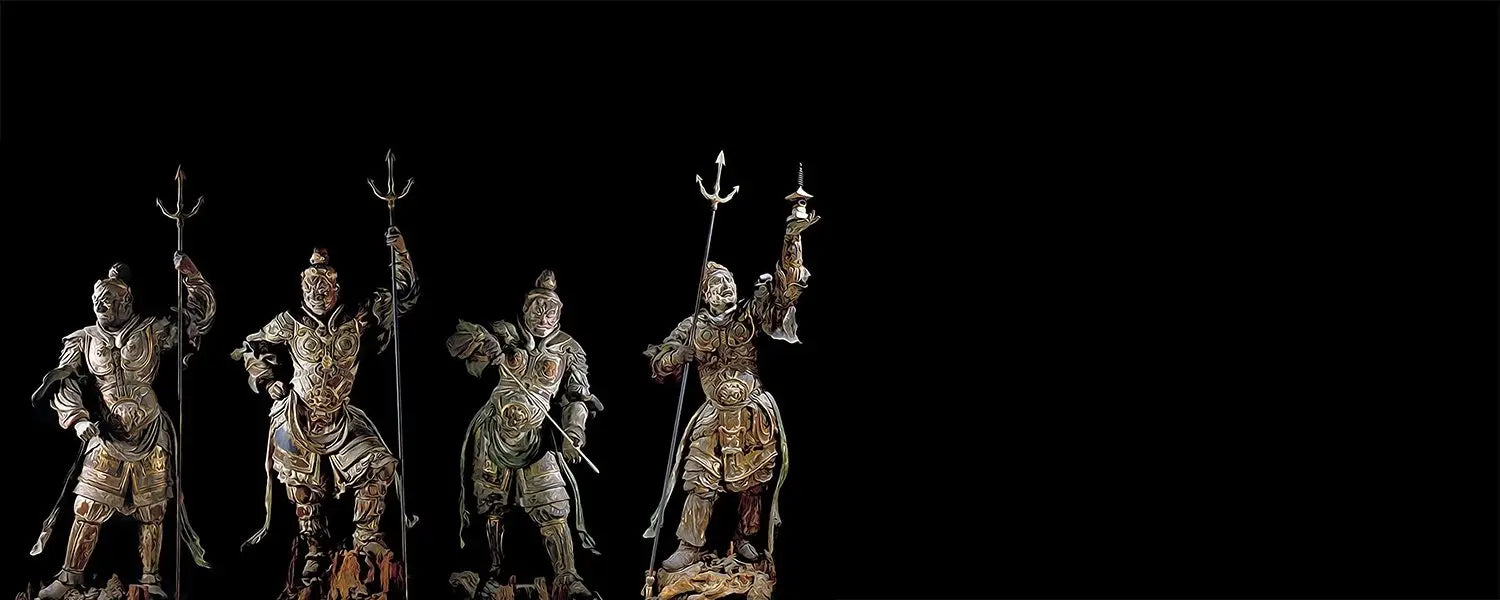

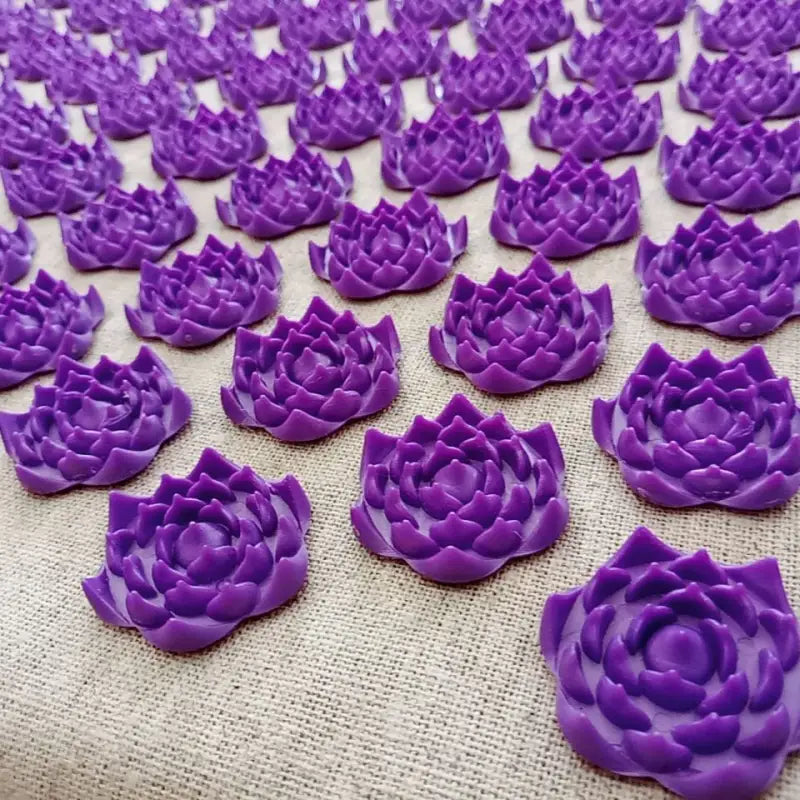
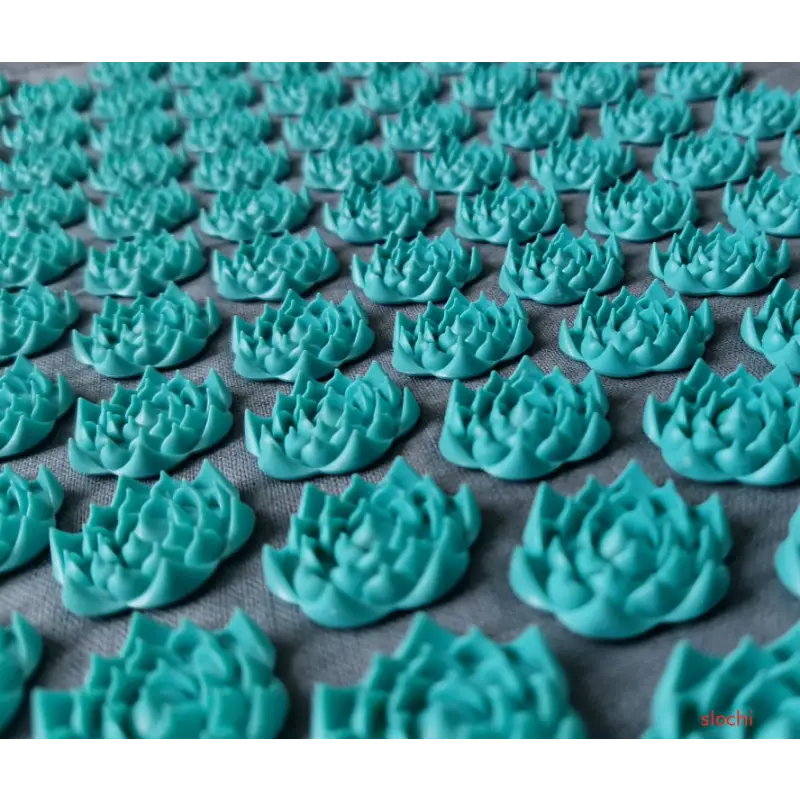
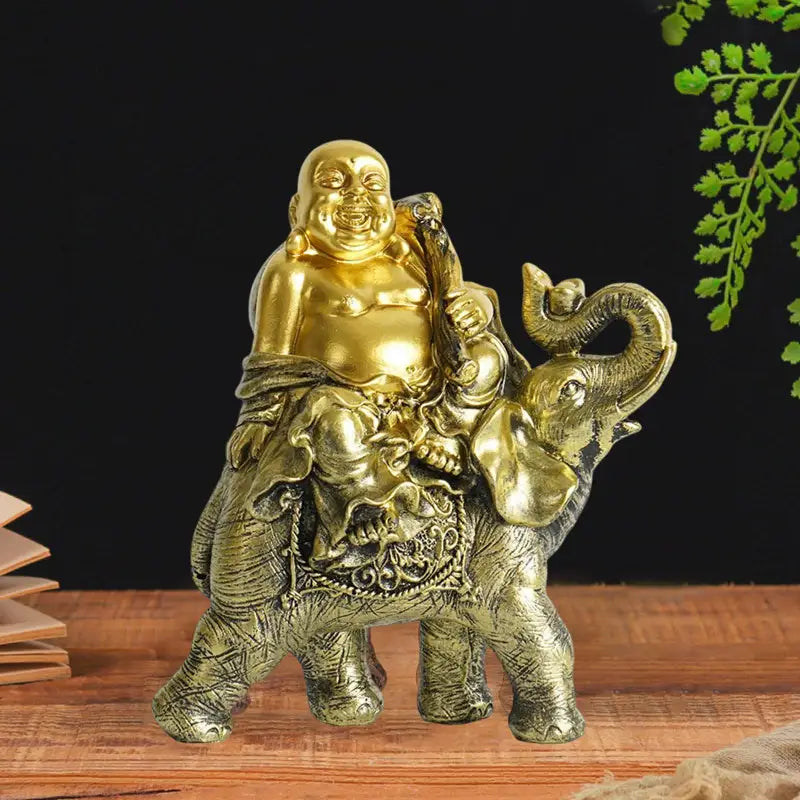
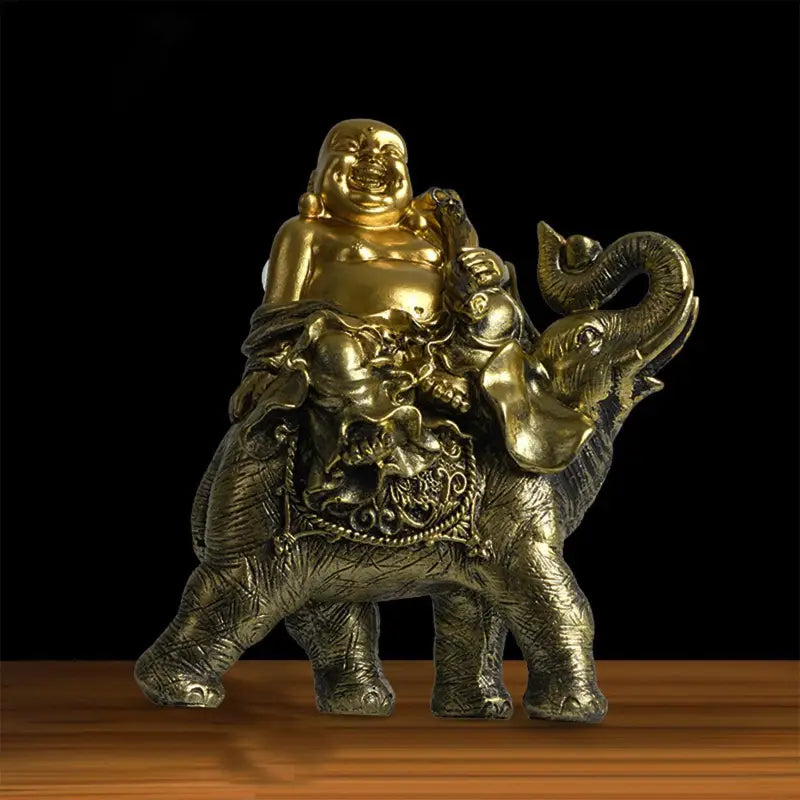
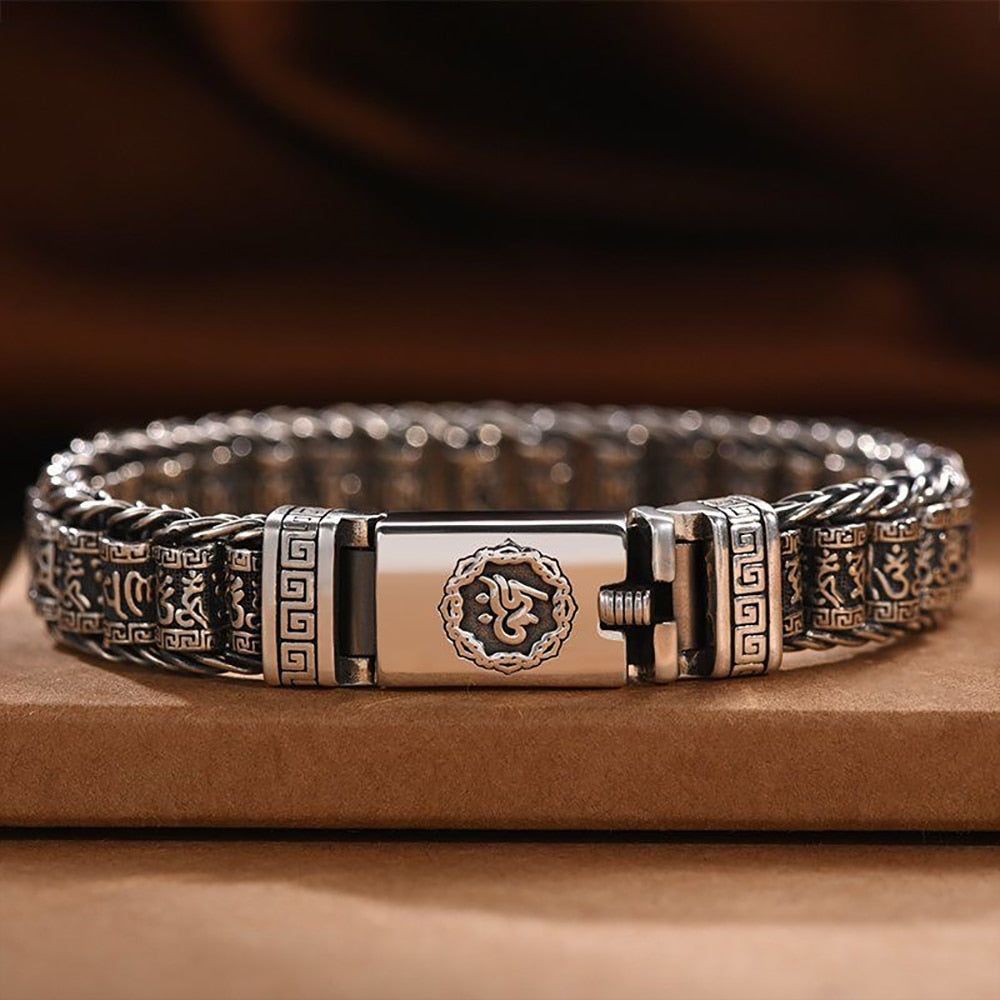
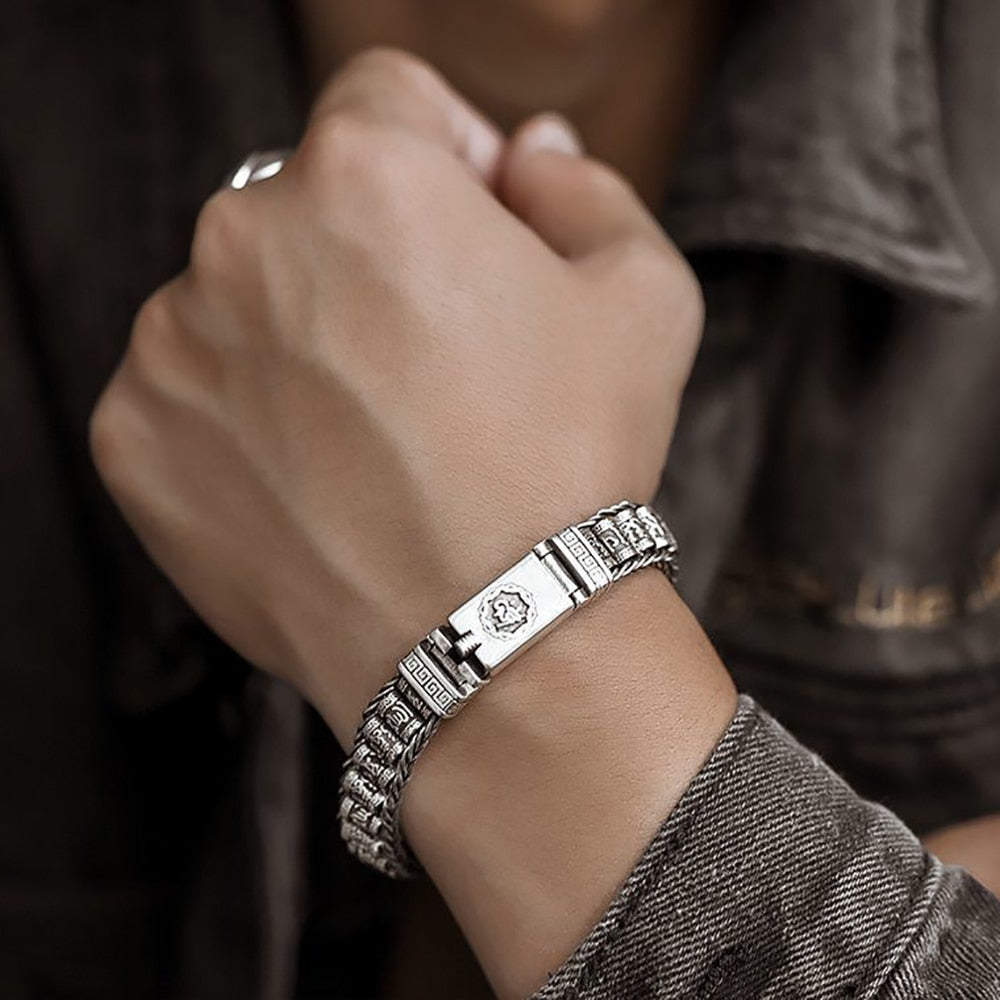
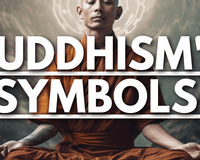
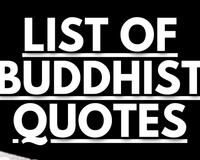
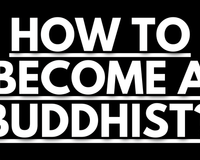
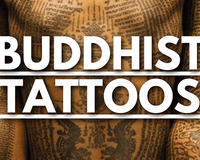
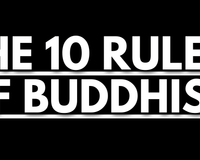
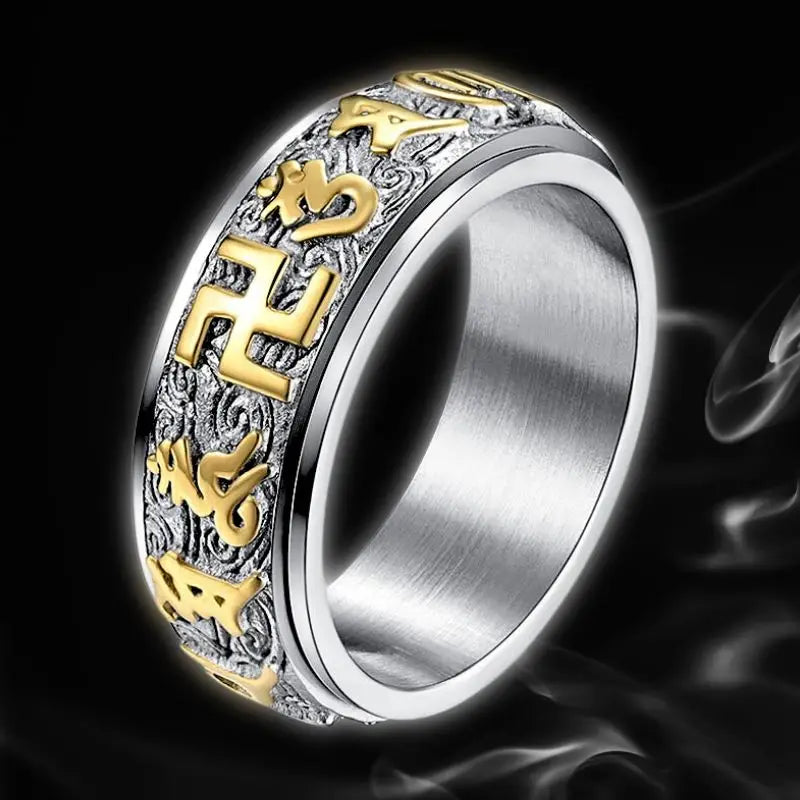
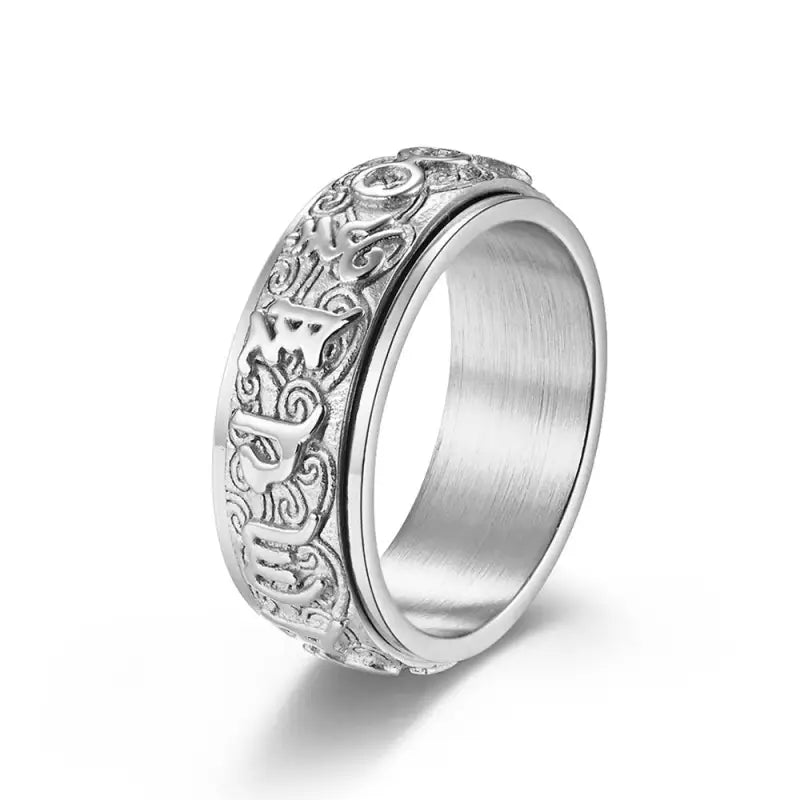
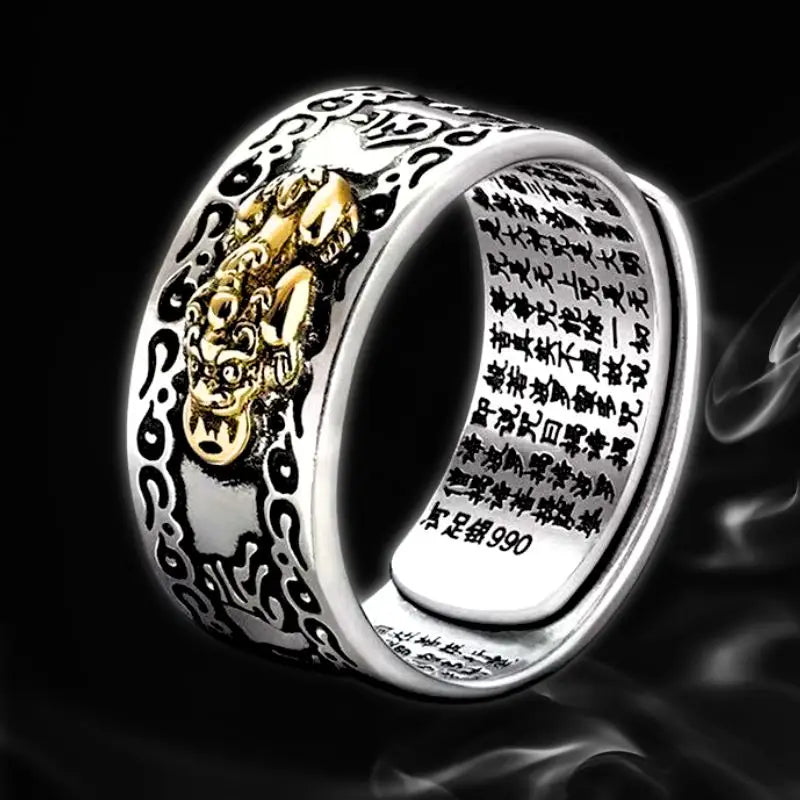
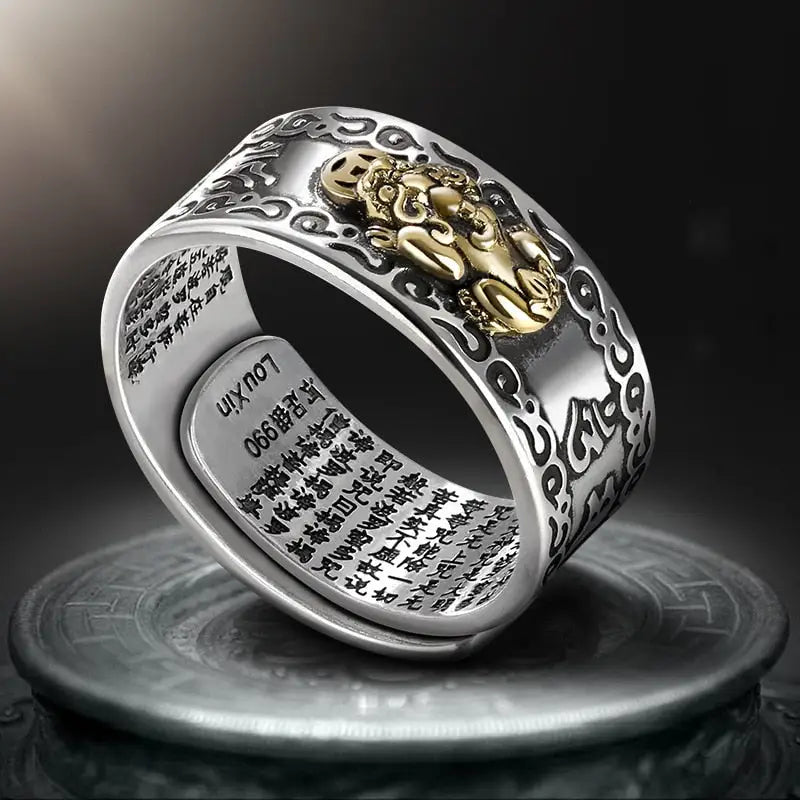
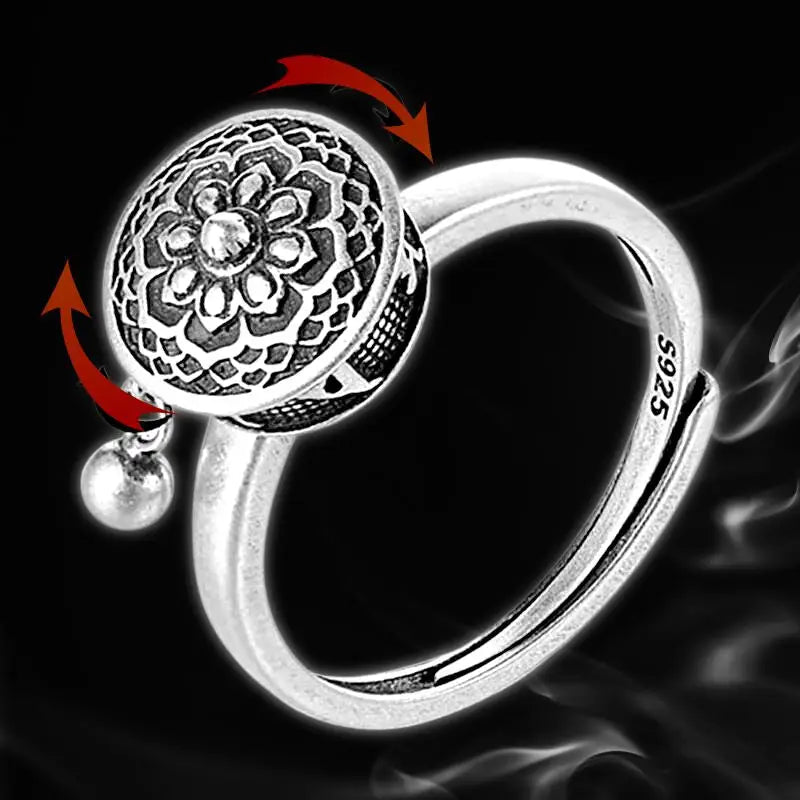
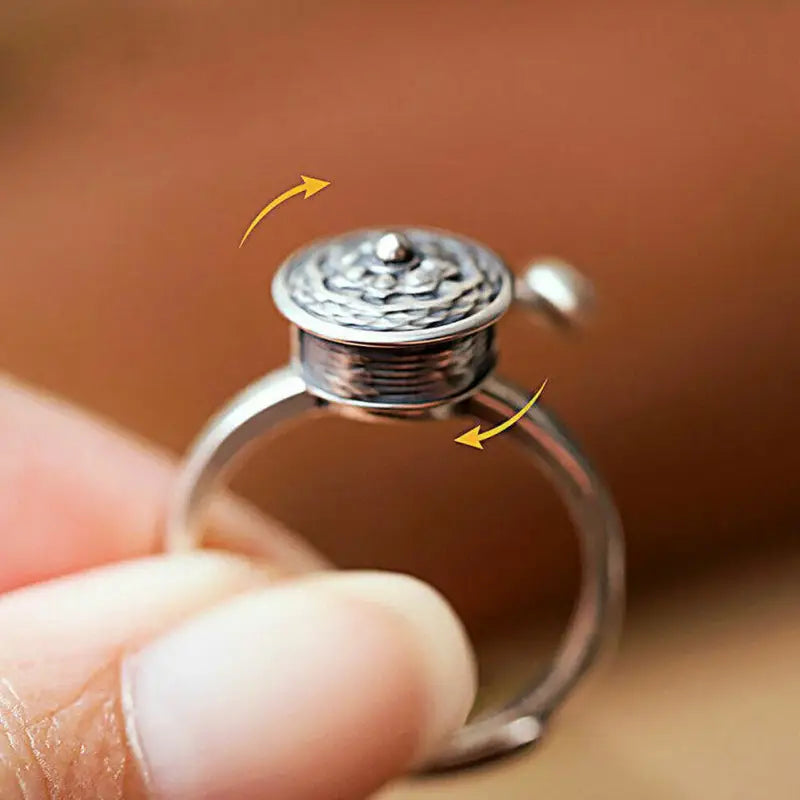

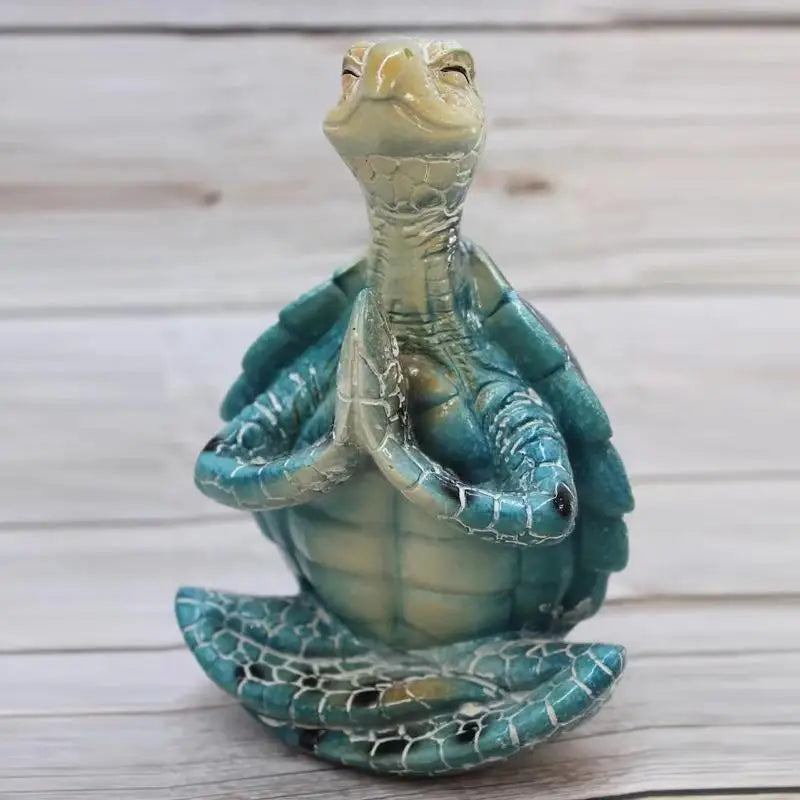
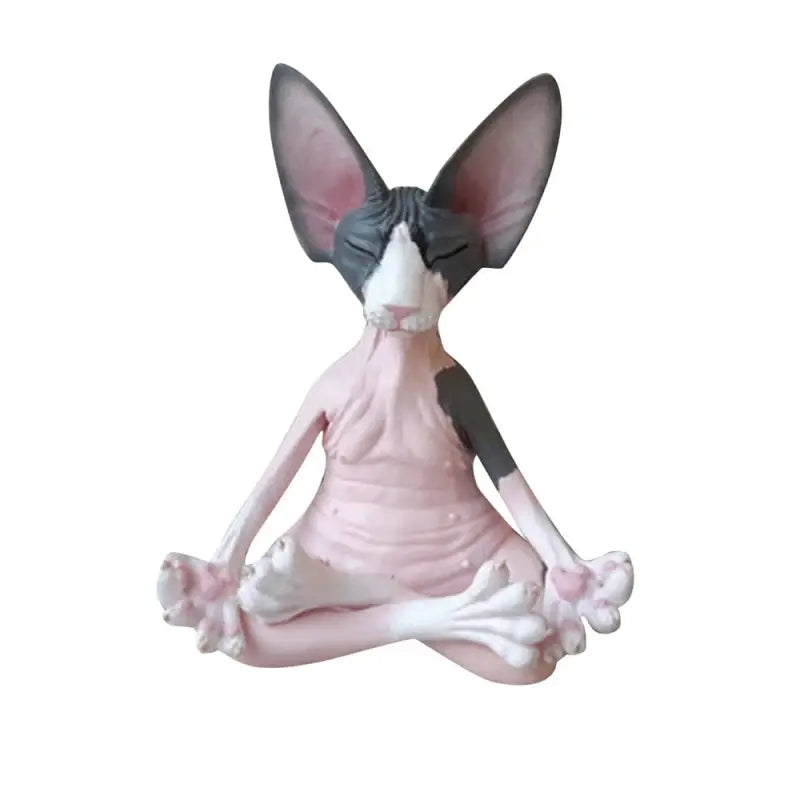
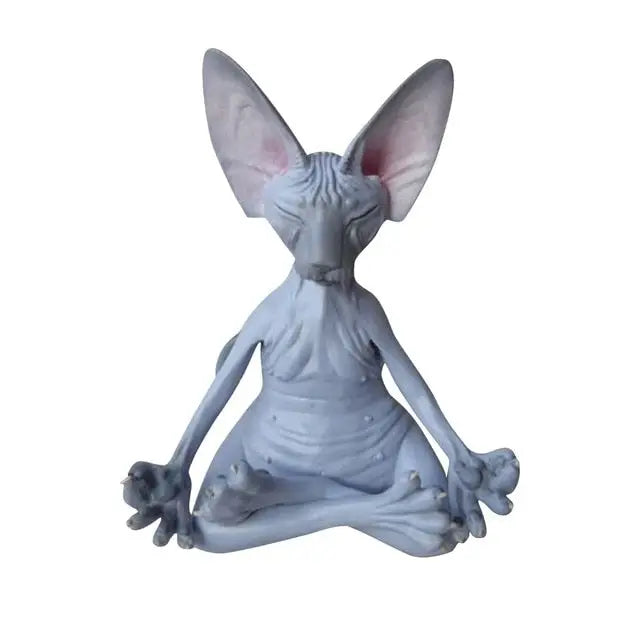
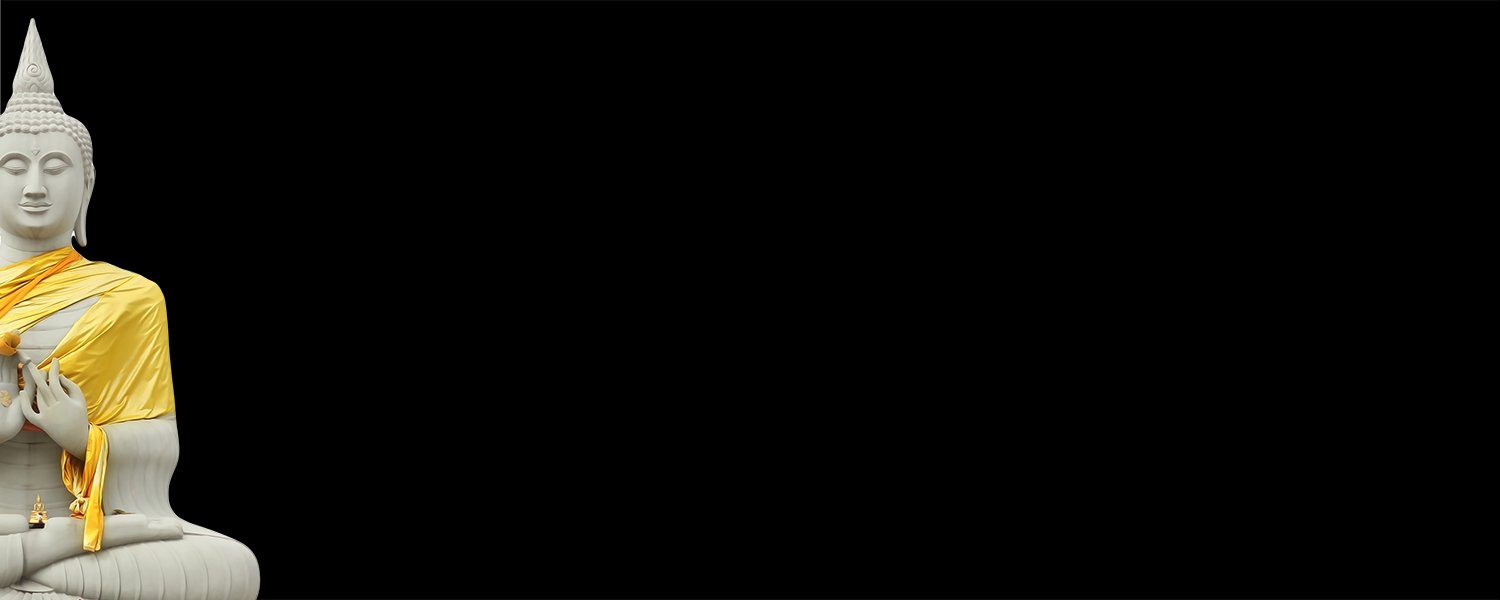
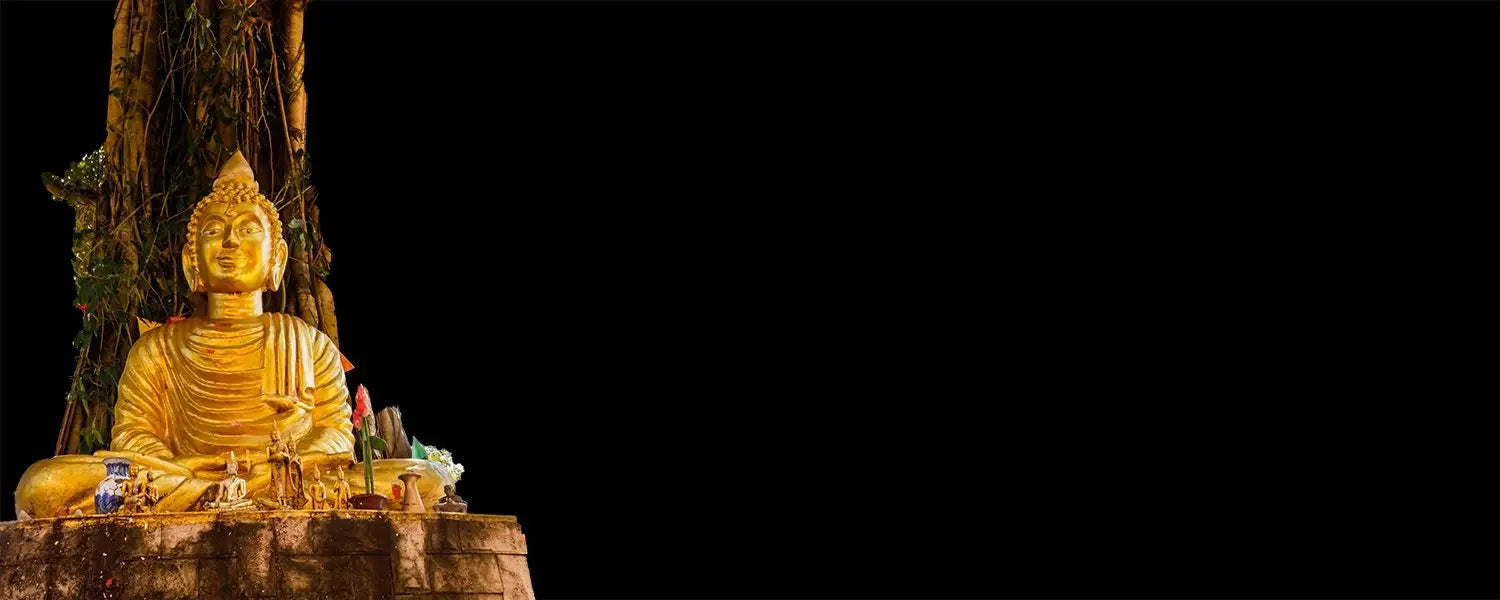
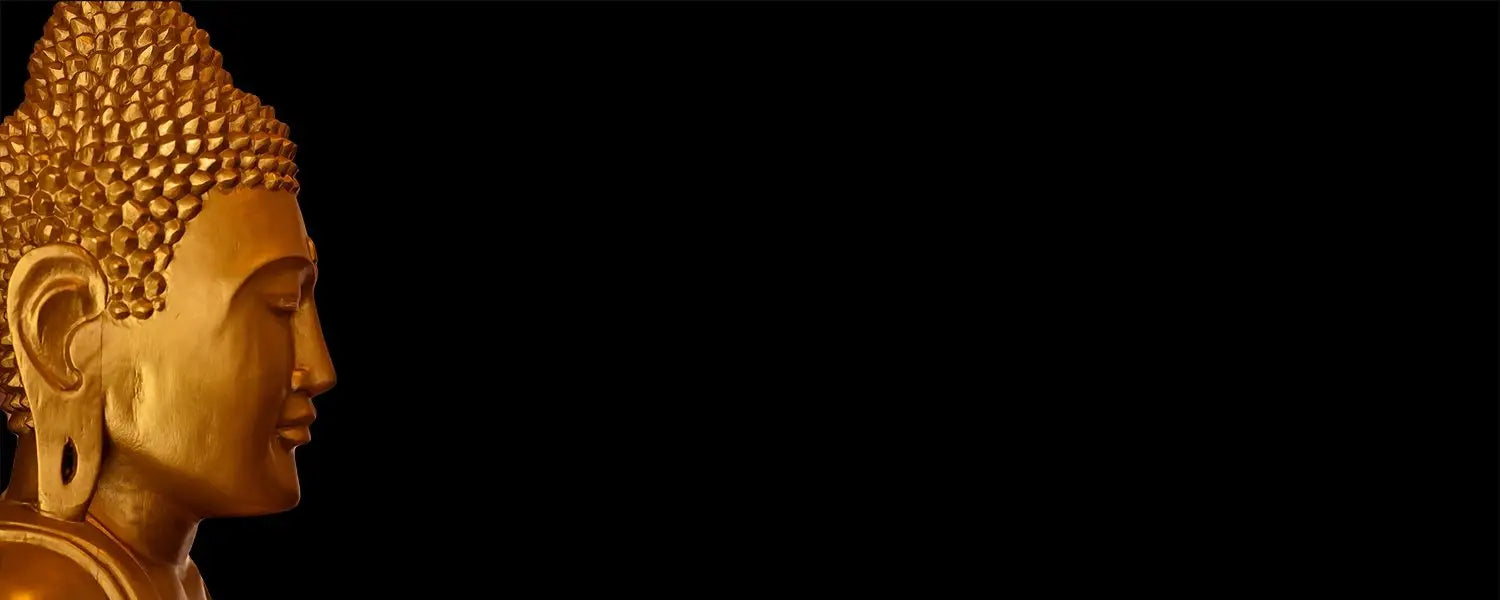
2 comments
Marilia
Recevoir les 4 mantra de la sagesse
Nathalie Thomas
Bonjour
Merci pour ces informations
Est ce que ces rois célestes sont inspirés de la divinité hindoue de Shiva ou est-ce le contraire ?